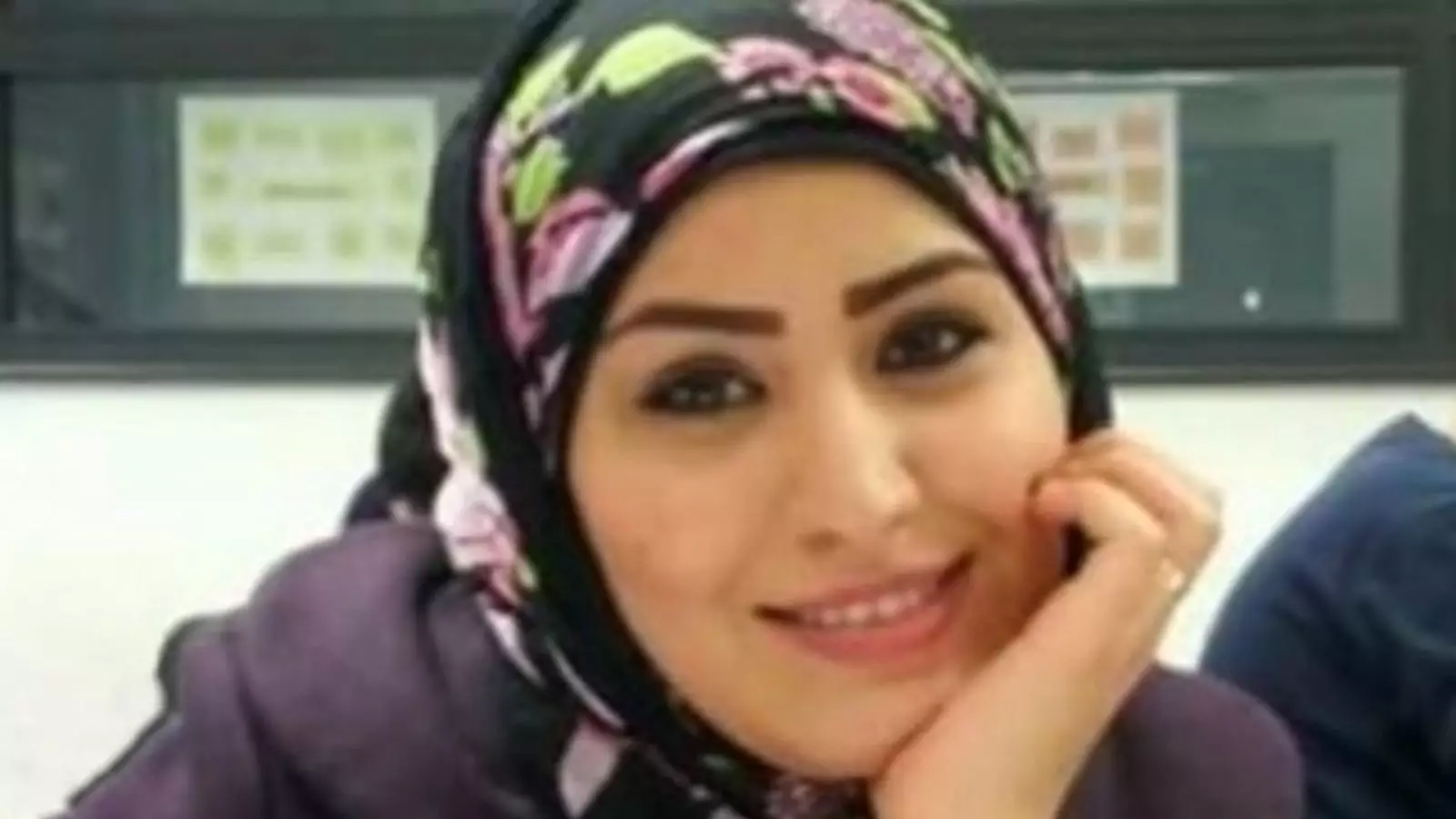The story of Rania Alayed is a harrowing tale that brings to light the devastating consequences of domestic violence and the ensuing search for justice. In 2013, Alayed’s life was tragically cut short by her husband, Ahmed al Khatib, who was subsequently convicted and sentenced to life imprisonment. Despite the severity of his crime, the most agonizing aspect for Alayed’s family has been the uncertainty surrounding her remains. Over the past decade, numerous searches have yielded little hope, leaving her loved ones grappling with their grief without the ability to properly mourn.
Recent Developments
Recently, a significant breakthrough occurred when the Greater Manchester Police (GMP) announced the discovery of human remains during a search near Thirsk, North Yorkshire, prompted by new information. While formal identification is pending, authorities are operating under the strong belief that the remains belong to Alayed. This announcement elicited mixed emotions from her family; while it brought a glimmer of hope for closure after years of anguish, it also dredged up painful memories of a trauma that has lingered since her murder.
Yazan, Alayed’s son, expressed the profound impact of this discovery on their family. He articulated a sense of surrealism, emphasizing that finally being able to provide a resting place for his mother has been their longstanding wish. This sentiment highlights the deep psychological toll these unresolved issues have had on those left behind. The ability to grieve properly can be seen as pivotal in the healing process, and Yazan’s words resonate with others who have faced similar losses.
Detective Chief Inspector Neil Higginson elaborated on the emotional weight of Alayed’s murder, labeling it “utterly horrific.” The notion that her family has lived for over a decade with unanswered questions about her fate underscores the toll that unresolved grief takes on victims’ families. Each new search for her remains is not just an investigation; it is a continuation of their collective sorrow, and the police’s commitment to keeping the family informed fosters a sense of support amidst their suffering.
During the trial of Ahmed al Khatib, harrowing details emerged about Alayed’s life, including her turbulent marriage marked by violence. Born in Syria, she encountered her husband at a young age, and their eventual migration to England offered little respite from her abusive circumstances. In these grim accounts lies a disturbing reminder of the critical need for awareness and intervention in cases of domestic abuse.
As the case progresses and the investigation continues, there is a collective hope that formal identification of the remains will provide Rania Alayed’s family with the closure they have long sought. It is essential that society acknowledges the human stories behind statistics, understanding the profound ramifications of violence on individuals and families alike. This tragic case serves not only as a reminder of the consequences of domestic violence but also highlights the resilience of those seeking justice and healing in its wake.


Leave a Reply